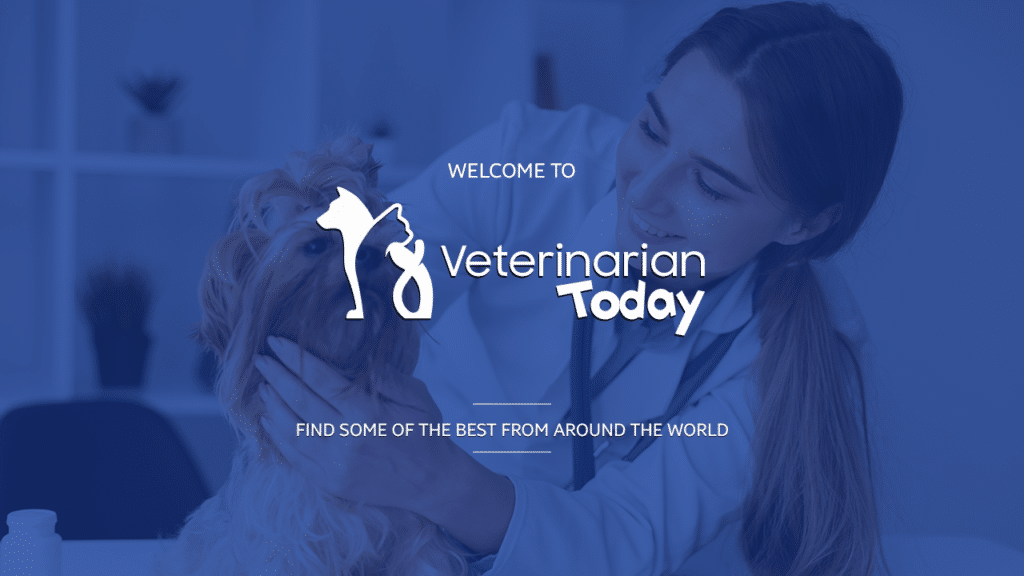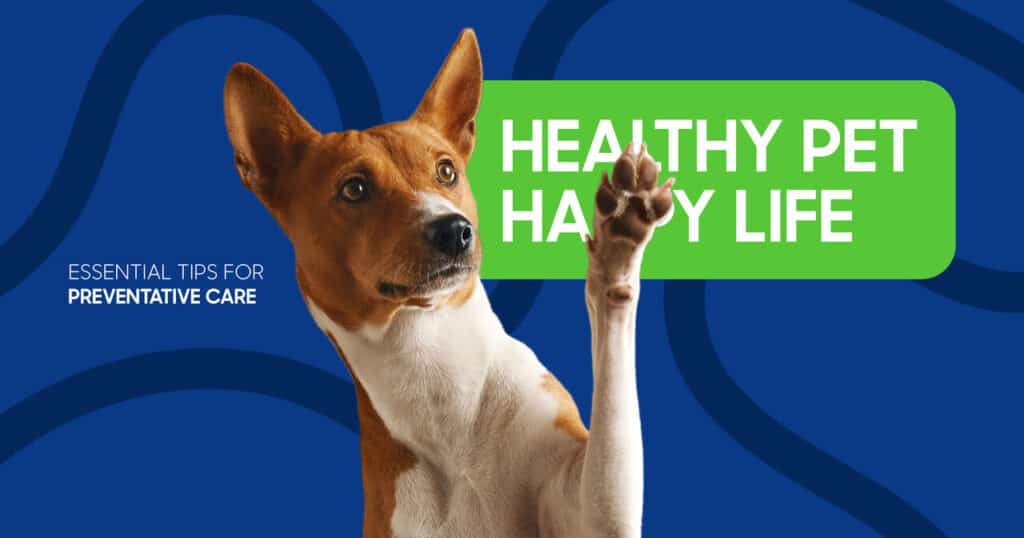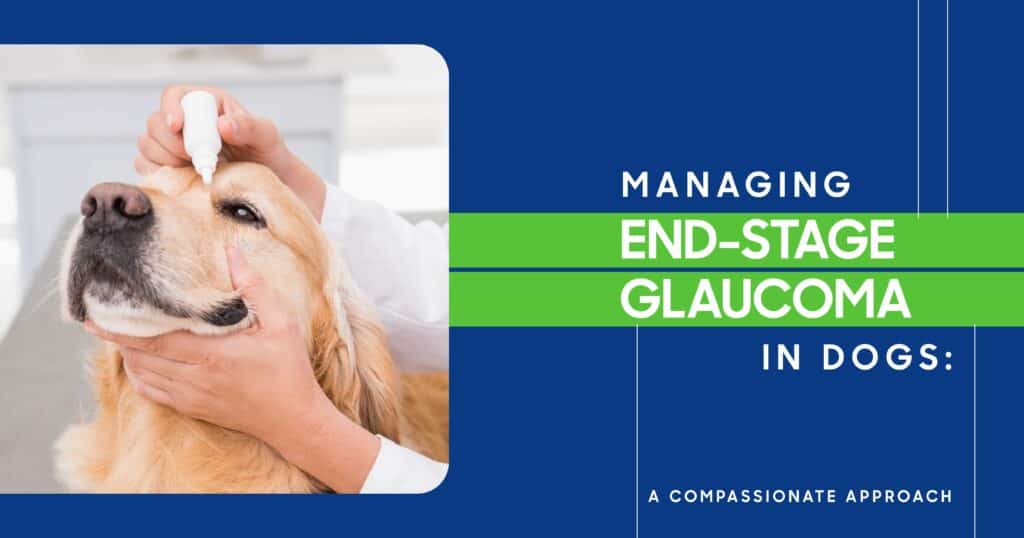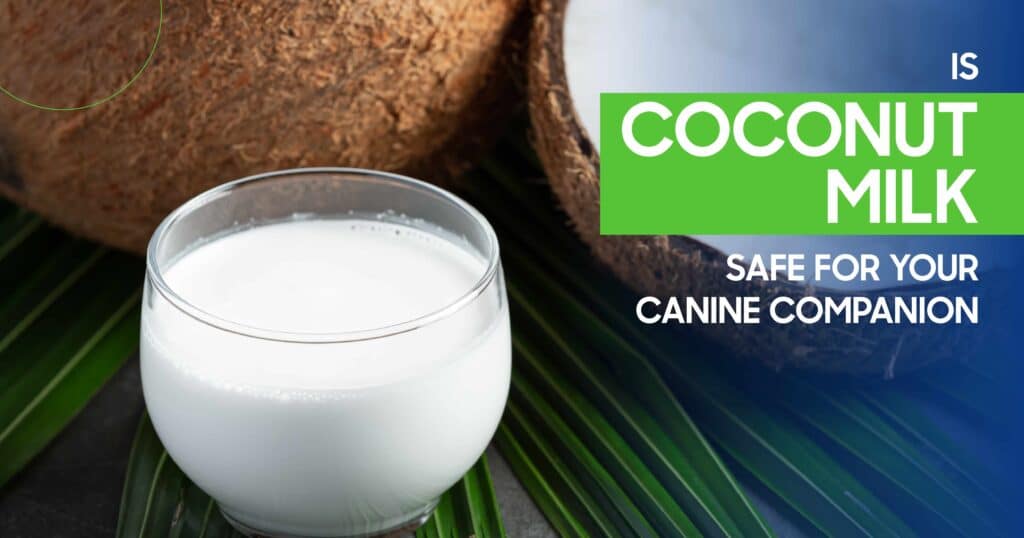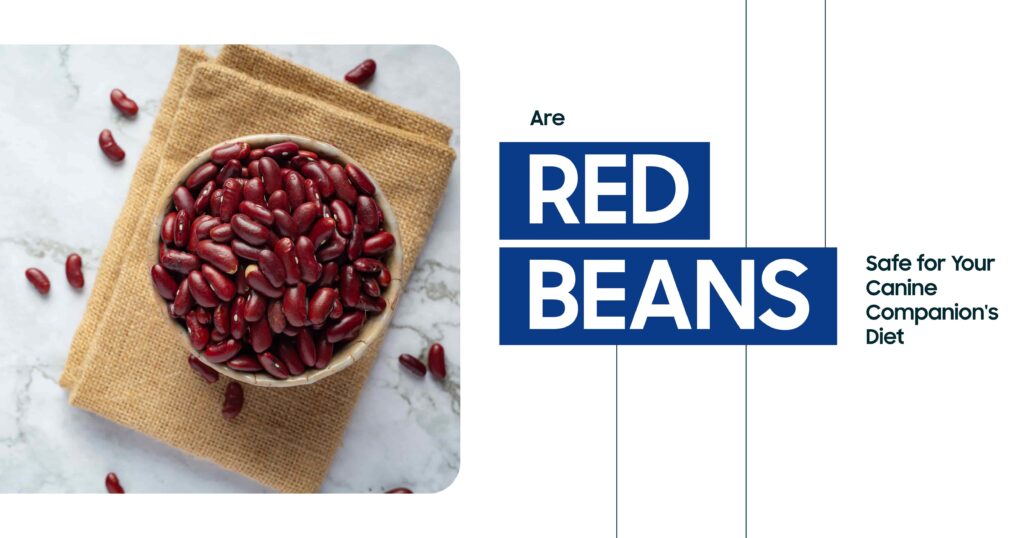Preventative care is important for ensuring our pets live long, healthy lives. Like human health, proactive steps can prevent many common issues and promote well-being.
Essential Takeaways
- Balanced Diet: Ensure your pet’s diet includes high-quality proteins, fats, carbohydrates, vitamins, and minerals tailored to their age and health needs.
- Regular Exercise: Customize your pet’s exercise routine based on breed, age, and health to maintain a healthy weight and promote mental well-being.
- Vaccinations and Check-Ups: Follow a tailored vaccination schedule and schedule regular vet check-ups to prevent diseases and monitor overall health
Preventative care encompasses a range of practices, from regular vet visits to maintaining a balanced diet and staying active. By focusing on these areas, pet owners can help their furry friends avoid illness, manage weight, and enhance their quality of life.
Understanding the Role of Pet Owners in Preventative Care
As pet owners, we play a major role in our pets’ well-being. This involves occasional vet visits and integrating healthy habits into their daily routine.
Preventative care requires vigilance and consistency, from scheduling regular check-ups to ensuring our pets get the proper nutrition and exercise. By being proactive, we can catch potential health issues early and make informed decisions about our pets’ care.
Crafting a Balanced Diet for Your Pet
Essentials of a Healthy Pet Diet
A balanced diet is foundational to good health for pets, just as it is for us. The proper diet provides the necessary nutrients, supports healthy growth, and helps maintain optimal weight. This means pets should eat a diet that includes high-quality proteins, fats, carbohydrates, vitamins, and minerals.
Proteins are vital for maintaining and repairing muscles, while fats supply energy and help keep the skin and coat healthy. Carbohydrates provide a quick energy source; vitamins and minerals are essential for several bodily functions.
When selecting pet food, it’s important to choose options that meet the needs of your pet’s age, size, and health condition. Check the ingredient list and nutritional information to ensure you’re providing a well-rounded diet.
Choosing the Right Food for Different Life Stages
Pets have different nutritional needs that depend on their life stage. Puppies and kittens require food that supports growth and development, while adult pets need balanced nutrition to maintain health.
Senior pets often benefit from diets tailored to their changing metabolism and joint health. Consult your vet to find the best food for your pet’s age and health condition.
Importance of Portion Control and Feeding Schedules
It is crucial to feed your pet the right amount of food at regular intervals. Portion control helps prevent obesity and ensures your pet receives the appropriate nutrients.
Establishing a consistent feeding schedule is also essential. This helps maintain a healthy weight and contributes to good digestive health. Avoid free-feeding and stick to the recommended portion sizes provided by your vet or the pet food manufacturer.
Addressing Common Dietary Issues
Dietary issues such as food allergies and obesity are common among pets. Food allergies can manifest as skin irritations, digestive problems, or ear infections. If your pet has a food allergy, consult your vet for an appropriate diagnosis and dietary adjustments.
Obesity is another prevalent issue that can lead to serious health problems, including diabetes and joint issues. Regularly monitor your pet’s weight and adjust their diet and exercise regimen.
Keeping Your Pet Active and Engaged
Understanding Your Pet’s Exercise Needs
Exercise is vital for maintaining a healthy weight and promoting overall pet well-being. Different pets have varying exercise requirements based on breed, age, and health.
High-energy breeds, like Border Collies, require more rigorous activity, while smaller or older pets may need less intense exercise. Tailoring exercise routines to your pet’s needs helps keep them fit and prevents boredom.
Fun and Effective Ways to Exercise Your Pet
There are many enjoyable ways to keep your pet active. Consider activities like walking, running, playing fetch, or agility training for dogs. Interactive toys and puzzle feeders can also provide mental stimulation and physical exercise.
Try engaging toys like laser pointers, feather wands, or climbing structures for cats. Regular playtime helps keep pets both physically and mentally stimulated.
Benefits of Regular Exercise on Pet Health
Regular exercise offers a range of benefits for pets. It helps keep their weight in check, lowers the risk of chronic diseases, and promotes overall mental well-being.
Exercise also promotes healthy digestion and strengthens the cardiovascular system. Additionally, regular activity helps alleviate stress and anxiety, contributing to a happier and more balanced pet.
Recognizing and Addressing Exercise-Related Issues
While exercise is beneficial, it’s important to avoid overexertion. Signs of overexertion in pets include excessive panting, lethargy, or reluctance to continue training.
Constantly monitor your pet’s response to physical activity and provide ample water and rest breaks. Consult your vet for guidance if you notice any signs of injury or discomfort.
Essential Vaccinations for Your Pet
Understanding Core and Non-Core Vaccines
Vaccinations are crucial for protecting pets from infectious diseases. Core vaccines, essential for every pet, include rabies, distemper, and parvovirus vaccines. These vaccines provide fundamental protection against serious illnesses.
Non-core vaccines, on the other hand, are recommended based on a pet’s specific lifestyle and risk factors. For example, the Bordetella vaccine is advised for pets that often interact with other animals, helping to guard against kennel cough and similar infections.
Developing a Vaccination Schedule
Creating a vaccination schedule is essential for maintaining your pet’s health. Puppies and kittens start their vaccinations early and continue with booster shots as they grow.
Adult pets require regular booster shots to maintain immunity. Your vet will help you with a vaccination schedule tailored to your pet’s needs and health status.
Additional Preventative Treatments
Other preventative treatments are essential in addition to vaccinations. Flea and tick control helps protect pets from parasites that can cause serious health issues.
Regular deworming prevents internal parasites; dental care is crucial for preventing oral diseases. Discuss these treatments with your vet to ensure your pet receives comprehensive care.
The Role of Regular Vet Check-Ups
Regular veterinary check-ups are a cornerstone of preventative care. These visits allow for early detection of health concerns, monitoring of chronic conditions, and updates to vaccinations and treatments.
A thorough vet exam also includes weight checks, dental evaluations, and discussions about any behavioral changes or concerns you may have.
Creating a Healthy Environment for Your Pet
Pet-Proofing Your Home
A safe and healthy environment is essential for your pet’s well-being. Pet-proofing your home involves removing hazards such as toxic plants, securing electrical cords, and keeping harmful substances out of reach.
Provide a clean, comfortable space for your pet to relax and ensure they have access to fresh water and appropriate bedding.
Understanding Behavioral Health and Enrichment
Behavioral health is as important as physical health. Mental stimulation and enrichment activities help prevent boredom and stress-related behaviors.
Provide toys, scratching posts, and interactive activities to engage your pet. Training and socialization are also crucial for mental well-being and help pets adapt to various environments and situations.
Monitoring and Managing Weight
Keeping track of your pet’s weight is essential for overall health. Regular weight checks help you identify any changes that may indicate health issues.
Managing your pet’s weight involves a combination of proper diet, exercise, and monitoring. If your pet is overweight, consult your vet for a weight management guide.
Putting It All Together
Impact of Comprehensive Preventative Care
Preventative care is a holistic approach to maintaining your pet’s health. Focusing on diet, exercise, vaccinations, and a healthy environment can significantly enhance your pet’s quality of life.
Regular vet visits and proactive care help catch potential issues early and ensure your pet remains happy and healthy.
Encouraging Regular Check-Ups and Continued Learning
The journey to optimal pet health doesn’t end with a single check-up or dietary change. Continuously educate yourself about pet care and the latest health recommendations.
Regular vet check-ups are crucial for ongoing health monitoring. Embrace a proactive approach to your pet’s care and enjoy other benefits of a happy, healthy companion.
Call to Action
Ready to give your pet the best care possible? Start implementing these preventative tips today and schedule a check-up with your veterinarian at https://vettoday.com/
Stay informed and connected by subscribing to our blog for expert advice and tips on keeping your furry friend in shape. Your pet’s health and happiness are just a few steps away!
FAQs
- How often should I take my pet to the vet for check-ups?
Regular vet check-ups are typically recommended every 6 to 12 months, but the frequency may vary based on your pet’s age and health status. Consult your vet for a personalized schedule.
- What should I look for when choosing pet food?
Look for high-quality ingredients that meet your pet’s age, size, and health needs. Check for balanced nutrients, including proteins, fats, carbohydrates, vitamins, and minerals. Avoid food with fillers and artificial additives.
- How can I tell if my pet is overweight?
Signs of overweight pets include difficulty breathing, a lack of visible waistline, and reluctance to exercise. Regular weight checks and consultation with your vet can help manage and prevent obesity.
- What are the core vaccines for pets?
Core vaccines include rabies, distemper, and parvovirus. These vaccines are essential for all pets and protect against serious illnesses.
- How can I keep my pet mentally stimulated?
Provide interactive toys, engage in regular playtime, and incorporate training sessions to stimulate your pet mentally. Enrichment activities prevent boredom and promote behavioral health.
